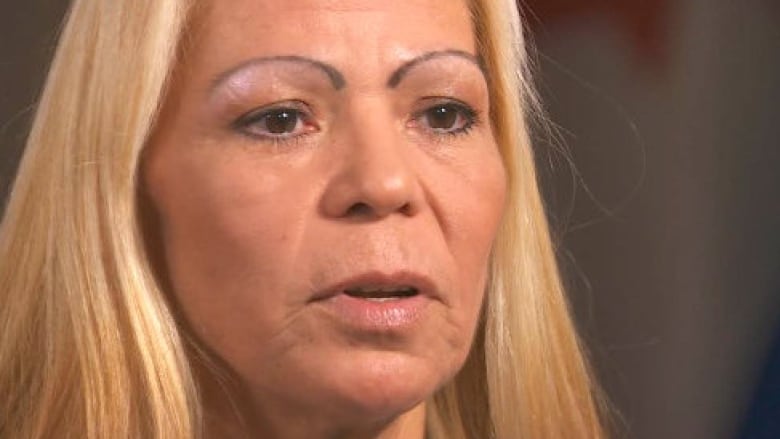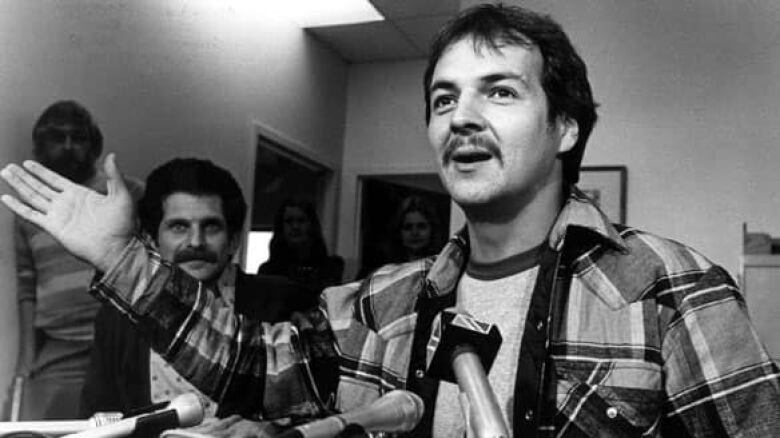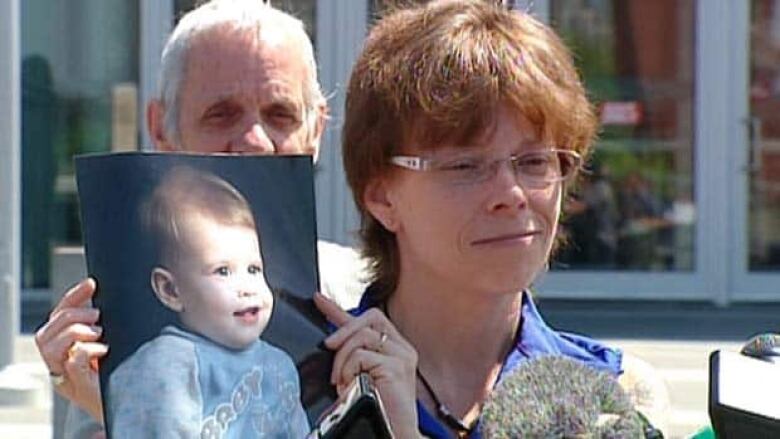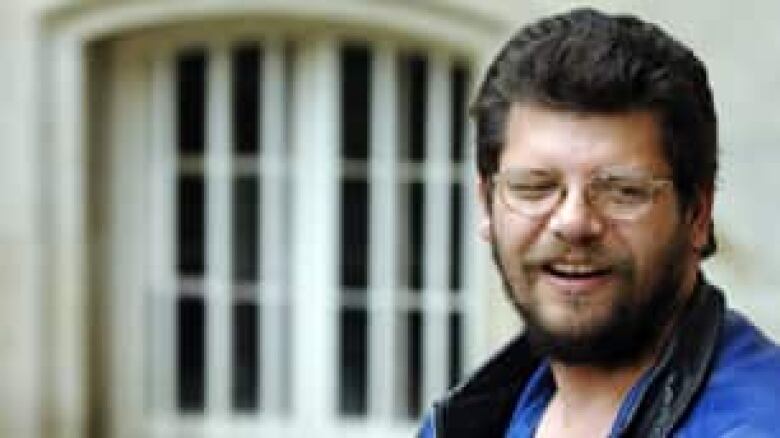Justice denied: 5 times Indigenous people were wrongfully convicted in Canada
Indigenous people 'less likely to get help after they've been wrongfully convicted,' says lawyer

A Cree woman from Alberta is free after a years-long ordeal that saw her tried and convicted of murder, in what the court calleda miscarriage of justice.
But the case of Connie Oakes is far from uncommon among Indigenous people, says an advocate for the wrongly accused.
"Indigenous people are not only more vulnerable to being wrongfully convicted, but also less likely to get help after they've been wrongfully convicted," said Amanda Carling, who works with the Association in Defence of the Wrongly Convicted (AIDWYC) in Toronto.
The AIDWYC has helped exonerate 21 innocent people, including high-profile cases involving Steven Truscott, David Milgaard, Kyle Unger, Guy Paul Morin and Thomas Sophonow.
According to Carling, the group is currently reviewing the cases of 80 people who claim they have been wrongly convicted. Of those, she said approximately 20 applicants have self-identified as First Nations.
Carling who is Mtissaid the reasons Indigenous peopleare vulnerable to wrongful convictions include language barriers, mistrust of the legal systemwhich means Indigenous people don't seek help or don't know howand institutional racism.
She also says that alleged offenders with Fetal Alcohol Spectrum Disorder (FASD) might simply confess to a crime without fully understanding what it means, a concern echoed by the Truth and Reconciliation Commission of Canada.
"After you've been wrongfully convicted of something, why would you turn to a system that you already don't trust and look for a remedy from that system?" she said. "If in fact you even know that it's possible to get a remedy."
Still, while Carling says there are no hard figures for just how many Indigenous people have been wrongfully convicted or charged here arefour other cases where the courts got it wrong:
Donald Marshall, Jr.

A Mi'kmaq man from Nova Scotia, Marshall was at the centre of one of Canada's most high-profile wrongful conviction cases. In 1971, Marshall received a life sentence for a murder that was later determined he had not committed.
He served 11 years in prison before he was exonerated by a royal commission in 1990 that determined systemic racism had contributed to his wrongful imprisonment.
Marshall was also the central figure in a landmark 1999 Supreme Court of Canada ruling that guaranteed treaty rights to fish and hunt. He died in 2009.
Tammy Marquardt

Tammy Marquardt spent 13 years in prison after she was convicted of second-degree murder in the death of her two-year-old son Kenneth Wynne in 1995.
But the conviction was based on evidence from disgraced pathologist Charles Smith, who has since been stripped of his medical licence for professional misconduct and incompetence.
Marquardt, whose father was Anishinaabe, saw her two younger sons adopted out through Children's Aid because of her wrongful conviction.
Wilson "Willie"Nepoose
A member of the Samson Cree Nation, Alta.,Nepoosewas convicted of second-degree murder in the death of Rose MarieDesjarlaisin 1987.Nepoosespent four years in a federal prison before evidence surfaced that proved he wasn't even in the same city when the murder took place.
According toWindspeakerNews,Nepoosewas found dead in 1998 of an apparent suicide. He was preparing to launch a civil suit against Corrections Canada and theRCMPfor his wrongful conviction.
William Mullins-Johnson

William Mullins-Johnson spent 12 years in prison after he was convicted in 1994 on evidence from disgraced pathologist Charles Smith, who suggested he had raped and strangled his niece.
Mullins-Johnson was exonerated by the Ontario Court of Appeal in October 2007 after it was determined the child died from natural causes.
Mullins-Johnson, who is Aboriginal, was awarded $4.25-million in compensation in 2010 and an apology from the Ontario government for the miscarriage of justice.
With files from CBC News.












_(720p).jpg)


 OFFICIAL HD MUSIC VIDEO.jpg)
.jpg)



























































































